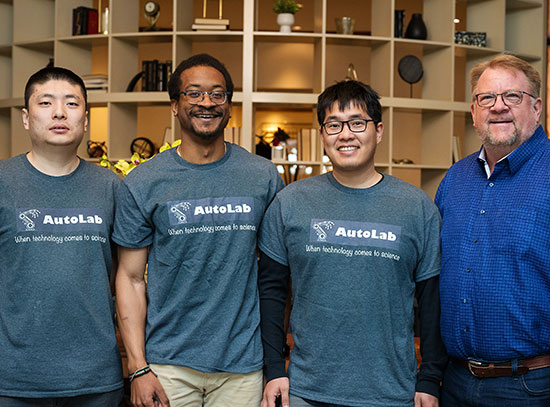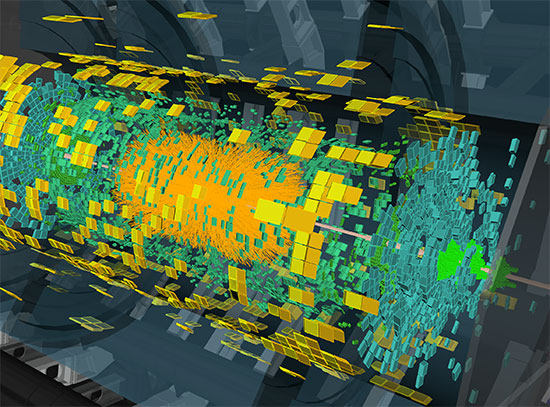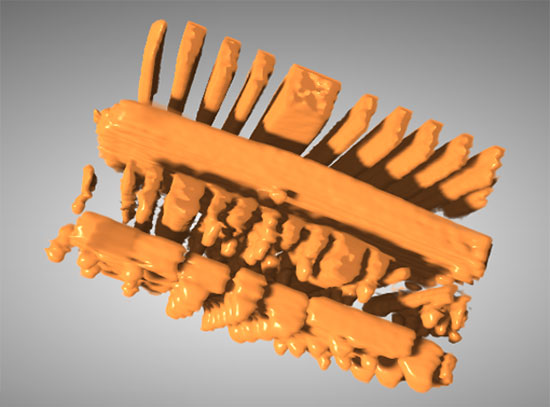UofSC Awarded Grant to Explore Safer Nuclear Waste Storage
August 3, 2016
The following feature story was published by the University of South Carolina, which will lead a new Energy Frontier Research Center focused on new methods of storing hazardous nuclear waste. Brookhaven is part of the characterization thrust and will make full use of newly available National Synchrotron Light Source-II to provide unprecedented ex- and, especially, in situ, sample characterization capabilities. For more information about Brookhaven's role in this work, please contact Kay Cordtz, (631) 344-2719 or kcordtz@bnl.gov.
The University of South Carolina was awarded an $8 million grant from the U.S. Department of Energy to explore new, sustainable ways to store hazardous nuclear waste. With the award, Carolina becomes one of only four new national Energy Frontier Research Centers in the country.
Hanno zur Loye, a chemistry professor and associate dean for research in the College of Arts and Sciences, will lead the project. He says the goal of the Center for Hierarchical Waste Form Materials is to develop novel storage materials that can contain nuclear waste for thousands of years.
“The need is to find new materials that will serve as the next generation of waste sequestration,” zur Loye says.
Legacy methods for storing waste include containing it in relatively conventional glass-based materials. With this project, zur Loye and his team will work to develop and test new methods that include the use of specialized ceramics, metal-organic composite materials and nanoparticles to safely contain some of the most long-lasting forms of nuclear waste — including waste from power plants and nuclear weapons.
Researchers at UofSC will partner with other universities, several national laboratories and international agencies, including Savannah River National Laboratory in South Carolina, the University of Florida and the French Alternative Energies and Atomic Energy Commission. In addition to zur Loye, the collaborative effort will also include Carolina engineering professor Ted Besmann, Scott Misture, an engineering professor from New York’s Alfred University, Jake Amoroso with Savannah River National Laboratory, and Brookhaven National Laboratory in New York.
The Department of Energy launched the Energy Frontier Research Center program to encourage partnerships between universities, national laboratories and businesses, to use expanding knowledge of basic science to solve “grand challenges” facing the country’s energy future. Developing safer and more efficient long-term storage technologies for nuclear waste is one of the grand challenges that the Center for Hierarchical Waste Form Materials aims to solve.
The process of developing new storage materials could take a decade or more, zur Loye says, but added that scientists already have a good understanding of which classes of materials hold the most promise for future breakthroughs.
“It won’t be easy, but we’re not fumbling in the dark. It’s more like we’re shining a light down a dark path,” he said.
Others selected to lead Energy Frontier Research Centers include Florida State University, Ohio State University and the Department of Energy’s Pacific Northwest National Laboratory.
2016-6532 | INT/EXT | Newsroom









